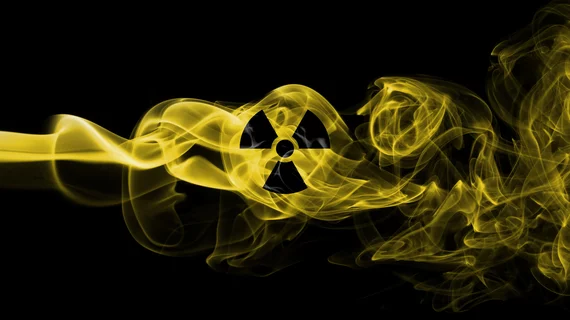ACR statement seeks to calm fears over radioactive material in cremated bodies
The American College of Radiology (ACR) and American Association of Physicists in Medicine (AAPM) released a joint statement Monday, March 5, to quell potential fears sparked by a recent research letter investigating the presence of radioactive materials in cremated bodies.
Authors of the research letter, published Feb. 26 in JAMA, found traces of radioactivity on multiple pieces of equipment resulting from the body of a man cremated at the facility who had previously been treated with the radiopharmaceutical lutetium-177 dotate.
Both professional associations put forth key points to better understand the topic, including the fact that “the risk of harm to the crematorium operator is so small that it cannot be measured,” according to the release.
Additionally, the Centers for Disease Control and Prevention and Department of Energy have consensus guidelines on how to identify radioactivity in patient remains and properly deal with such remains, according to the statement.
The best practice, according to the statement, is to install a low-cost simple radiation detector in hospital morgues, funeral homes and crematoriums which would “quickly alert staff to the presence of radioactivity.”

